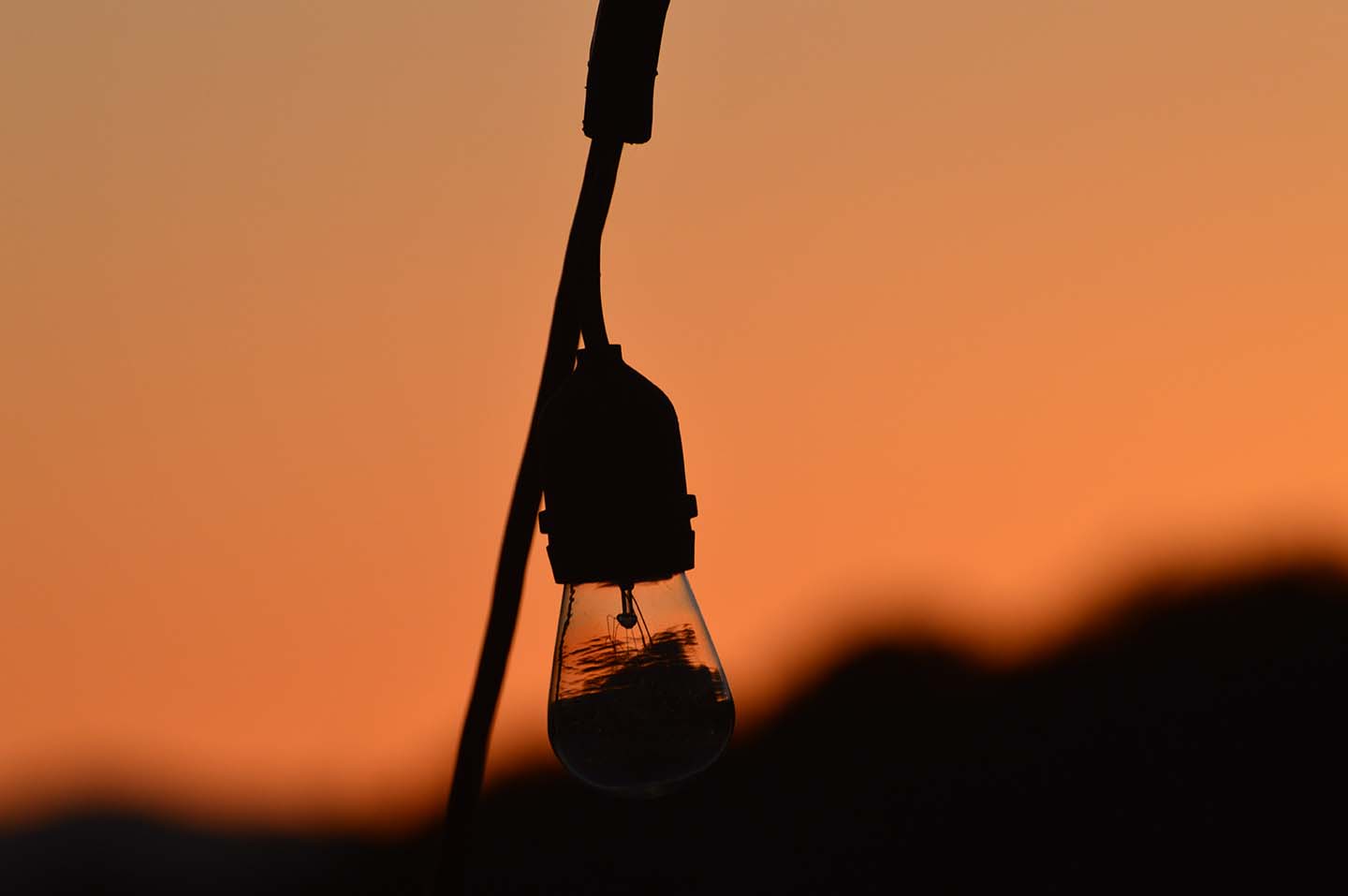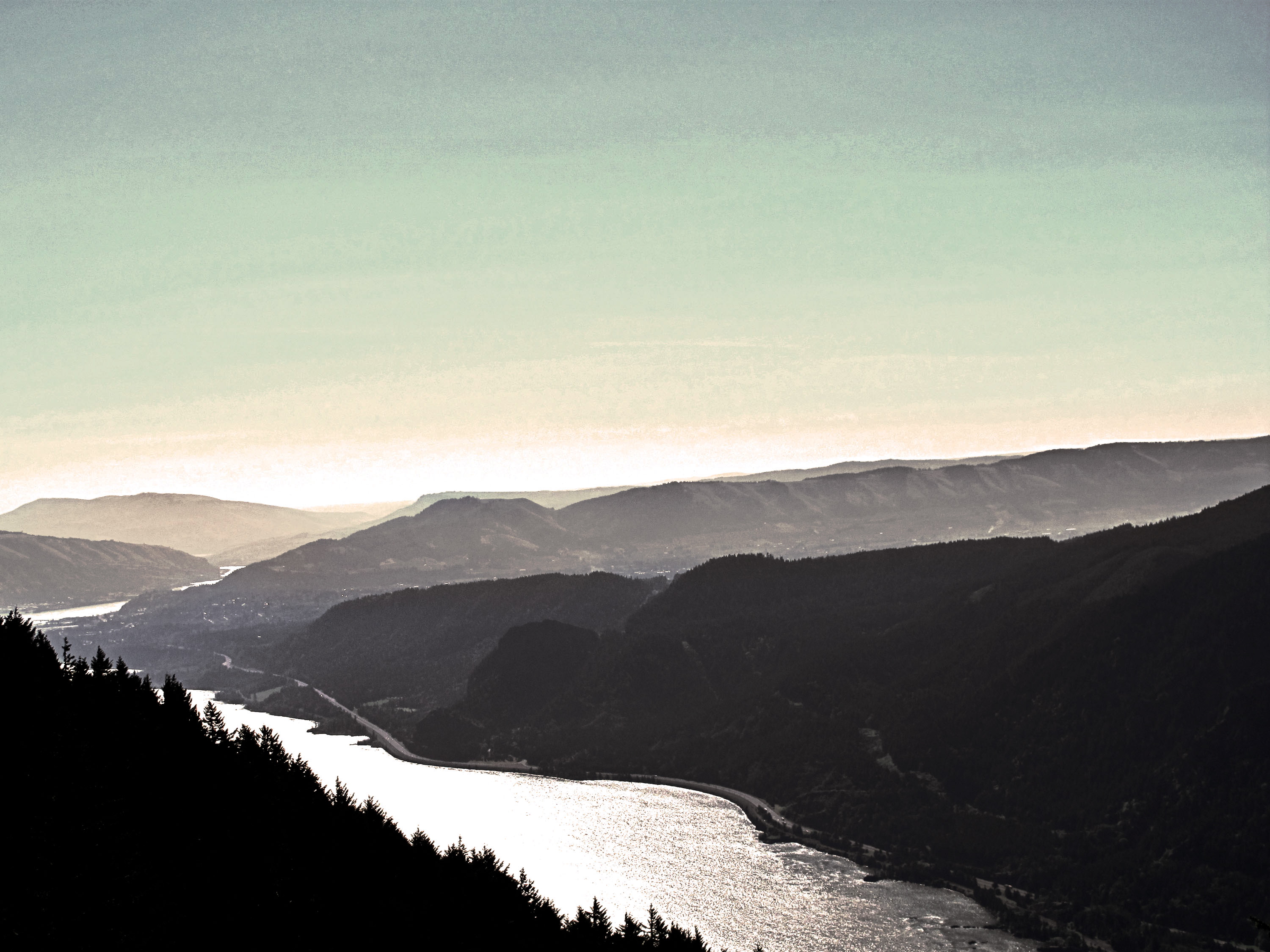I don’t sleep very well since the L.A. fires broke out. I have this recurrent thought of “One moment you sit in the boat, the next you drown in the water,” an obviously inappropriate metaphor regarding the type of catastrophe, but a perfect one capturing the nature of the suddenness of unexpected disaster.
I try to soothe myself to sleep with thoughts like “The kids are safe, they are physically unharmed. They got out alive, they are physically unharmed.” I try to generate images of an armada of kayaks, canoes, motorboats, rafts, paddle boats circling the displaced and coming to their rescue – so, so many people have reached out, offered and provided help, throwing the metaphoric life preservers. I try to imagine forces that will eventually bring light back to the darkness, for the many thousands of people far more harmed than my own.

Still can’t sleep. I say to myself, “At least my kids aren’t facing death as soldiers or civilians in Ukraine. At least they aren’t bomb and starved in Gaza.” Somehow downward comparison does little during restless nights, when you look at your own family’s photographs of an urban landscape resembling a bombed Hiroshima.
Gaza is, of course, not only coming up in my nightly distress – the hopeful news of a cease fire came out yesterday, reminding us of what is at stake. Here is a link to a collection of experts from different backgrounds discussing the questions raised by the potential ceasefire. As of this morning, the Israeli cabinet has not even been convened to ratify the agreement, since the powers that be are backpedaling.
In this context I thought you might be interested in related issues closer to home, faced by students and academics in this country who protest Israel’s war as well as our participation in it. (If you want to read a hair-raising report on American involvement in the atrocities committed in Gaza, here is the newest in-depth assessment by Pro-Publica.) The academic situation recalls the days of McCarthyism. (Similar if not worse conditions apply to Europe, in particular Germany, I might add.)
Here is the press release of an upcoming documentary film that I very much encourage PNW folks to attend.

Portland, OR – The Palestine Exception, a Portland-based documentary film directed by Jan Haaken and Jennifer Ruth, will screen at Cinema 21 on January 26, 2025. The screening will be followed by a panel and Q and A moderated by Marlene Eid, producer and Psychology faculty member at Portland Community College, and panelists Stephanie Wahab, professor of Social Work at PSU, Hannah Alzgal, a PSU alum featured in the film, and the film directors.
Here is the link to a trailer, so you can judge for yourself.
The Film
After years of right-wing assaults on higher education, attacks took a new form in 2023 and 2024 that many activists describe as the new McCarthyism. As students across the country organize protests against Israel’s war on Gaza, decades-long taboos in academia around criticism of Israel—the “Palestine exception”—are shattered.
A Palestinian-American PSU student in the film recounts the deeply personal toll of administrative reactions to the protests : “I think the school didn’t ever consider the fact that there are actual people that attend [their] university that are genuinely, and I mean really being affected by what’s going on. They’ve lost land, family members… Approaching me as if I’m deserving of being collectively punished is part of this idea that [they] don’t care about Arab suffering.”
The Palestine Exception features professors and students as they join calls for a ceasefire and divestment from companies doing business with Israel and face waves of crackdowns from administrators, the media, the police and politicians. Scholars from diverse disciplines explain what is at stake in these protests and why so many young people identify with the Palestinian cause. The documentary unfolds as a story of college campuses as sites of both rebellion and repression, where personal and collective histories converge in unexpected ways.
About the Filmmakers
Jan Haaken is professor emeritus of psychology at Portland State University, a clinical psychologist, and award-winning documentary filmmaker. Her documentary films focus on work carried out in contested social spaces and sites of political controversy. Haaken has directed nine feature films, including most recently the 2-part Necessity Series: Oil, Water, and Climate Resistance and Climate Justice & the Thin Green Line and Atomic Bamboozle: The False Promise of a Nuclear Renaissance. Jennifer Ruth is a professor in the School of Film and associate dean in the College of the Arts at Portland State University. She writes extensively about academic freedom and higher education. She is the co-editor, with Valerie Johnson and Ellen Schrecker, of The Right to Learn; Resisting the Right-Wing War on Academic Freedom. The producers are Jan Haaken and Marlene Eid, a faculty member at Portland Community College. Eid founded and was the first president of PCRF, Palestine Children’s Relief Fund, chapter in Portland, Oregon.

Music today was played by the West-Eastern Divan Orchestra in Ramallah many years back. The orchestra of Arab and Jewish musicians was founded by Edward Said and Daniel Barenboim 25 years ago. Here is the organization’s statement from August of last year (2024)

As we witness and mourn tens of thousands of lives destroyed and communities shattered while political courage remains absent, we, the musicians of the West-Eastern Divan Orchestra, are horrified and deeply saddened by the extreme escalation of violence in the Middle East, which continues to intensify daily.
The profound humanistic commitment of Maestro Daniel Barenboim and the late Palestinian intellectual Edward Said stands at the core of our orchestra. In and through our music we seek to model a life of mutual recognition between equals.
We call on the local and the international communities and their leaders to stop procrastinating and put an end to the cycle of violence by effecting a permanent cease-fire, ensuring the safe return of all hostages and unlawfully held detainees. It is imperative to work toward a long-lasting peaceful resolution grounded in equality.
August 2024


















